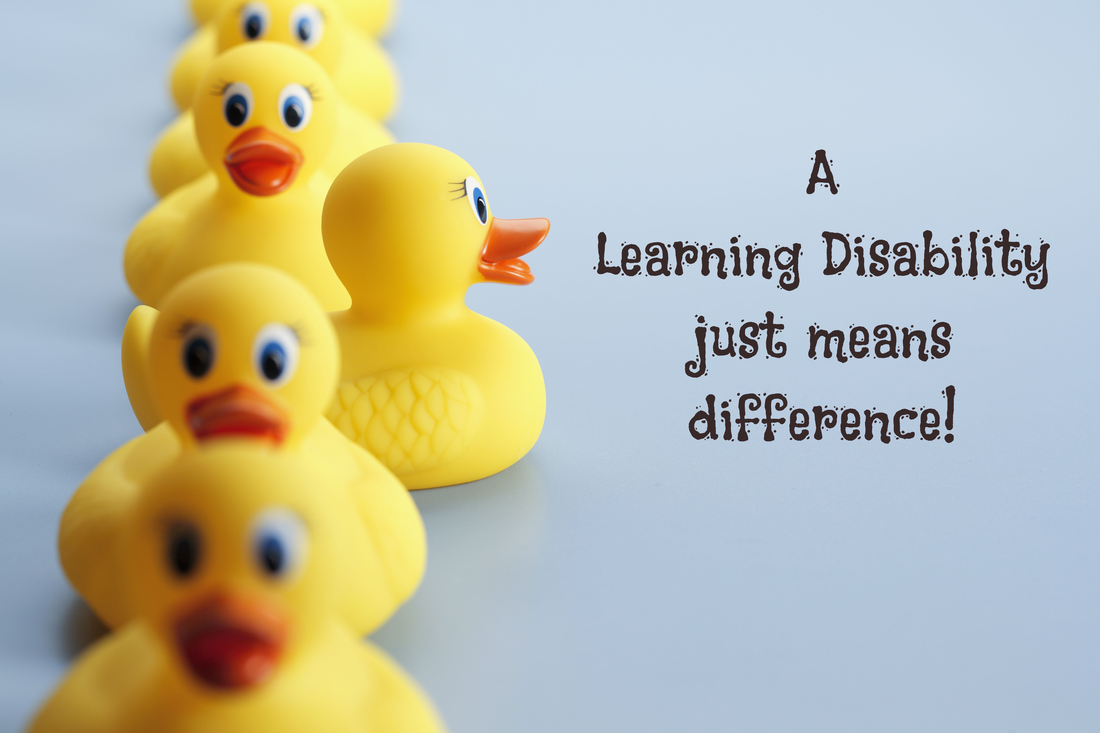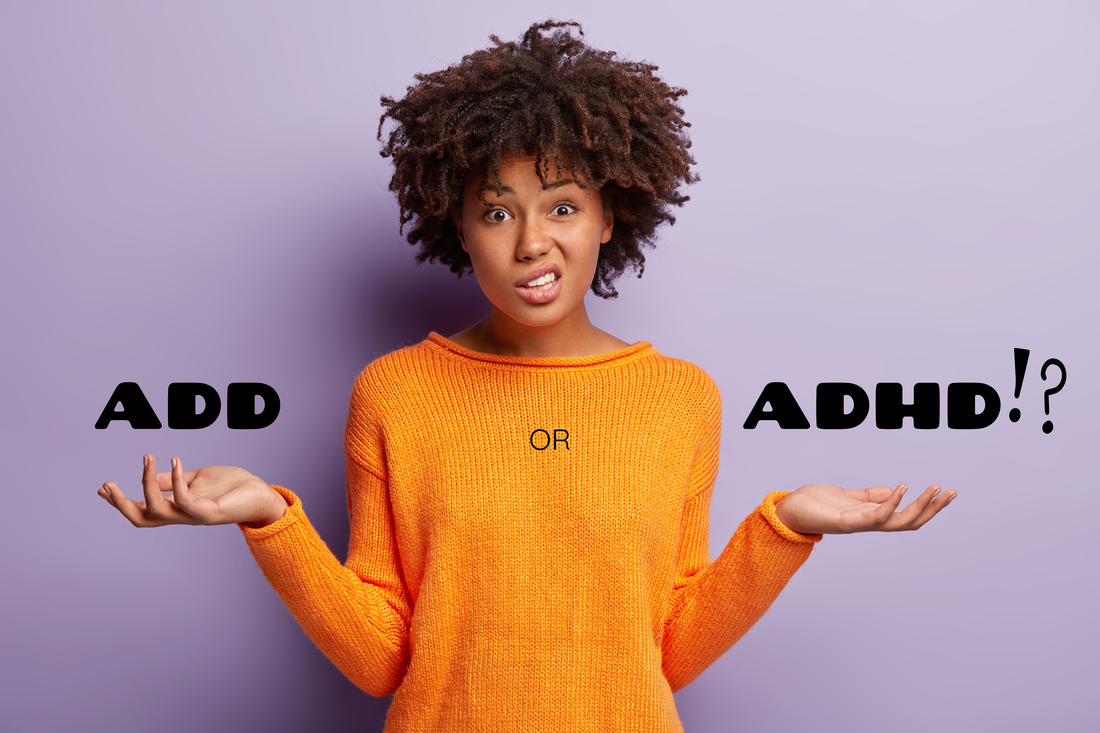|
Late-adulthood ADHD diagnosis can be life affirming! Look at this example:
Now 89, this one-time beauty contestant has a new life after dyslexia and ADHD diagnosis. Betty Hogg struggled with reading and math for years, only now understands her brain is wired differently. Story by Rebecca Zandbergen, CBC News: https://www.cbc.ca/news/canada/london/former-beauty-contestant-89-adhd-dyslexia-1.6913495 Originally posted July 21, 2023 I have the great luck of having a wide variety of clients. My oldest client is in their 70s and was diagnosed with ADHD only a few years ago. After receiving their Executive Function Test, they have struggled with accepting the diagnosis and grieving for the loss of what might have been if the diagnosis had happened when they were little. From reading this CBC article, it is clear that after her testing for reading disabilities (Dyslexia Testing) and her ADHD diagnosis, Betty Hogg has found significant relief. Rather than blaming herself for her perceived shortcomings, she now understands that her brain was wired differently from the beginning. She was never “stupid.” She didn’t fit the demands of how we designed learning in school. It is never too late to be diagnosed. Late diagnosis can be life-changing!
0 Comments
Not everyone likes the same kind of pizza. Some people believe that putting pineapple on pizza should be a criminal offense. People can’t agree on the same colours, clothing, music, shoes, hairstyles, or games. Ever been caught up in an argument about whether cats or dogs are better pets? Why do lizards always get left out of the discussion?
Vive la difference! (Long live the difference!) Why can’t we agree? Because all brains are built differently! Every brain has different things it is great at and some things it struggles with. If we aren’t the same in our understanding of pineapple or kittens, why are we all expected to learn things the same way? Or be interested in learning the same things? When we first created school, it was designed to teach to a narrow band of learners who all learned similarly. If your learning style didn’t fit in this narrow band, this would be called a Learning Disability, Learning Difference, or Learning Disorder. Thankfully, today we understand that we can teach different brains the same information in different ways. Then we can find out how much those brains learned by asking them different questions in different ways. This is what a Psychoeducational Assessment does. It tells the school and the teachers how brains best take in knowledge and how they best express what they know. The IEP, or Individualized Education Plan, is what the school creates from the Psychoeducational Assessment. Now that they have the information on how a specific brain works, they can create a plan for teaching and testing that specific brain. It feels awful using the term “Learning Disability.” It feels like a negative label. We have to use the term Learning Disability because this is how the government asks us to refer to these types of learning that don’t fit the typical learning model. It might be helpful to remember that a diagnosis of a Specific Learning Disability is simply a diagnosis of difference. It just says that your brain learns differently, and we will help the school understand how you learn so that you can succeed! Quick answer: the current DSM-5 diagnosis is ADHD - Attention Deficit/Hyperactivity Disorder. This diagnosis is given whether the individual has hyperactive symptoms or not.
Detailed answer (The ADHD Storytelling Answer): Once upon a time, around 1902 or so, there was a doctor who cared for children. We call these kinds of docs, pediatricians. Paediatrician if you want to spell it the fancy way. His name was Fred. He noticed that there were some children under his care who couldn’t control their behaviour the way other children could. Notice that I spelled behaviour the fancy way. Despite their lack of control, these children were pretty smart. Fred decided he needed to give their lack of behaviour control a description. He didn’t give the best description, at least not by today’s standards. He called it “an abnormal defect of moral control in children.” I don’t like Fred’s description. Do you? ADHD has nothing to do with morality. Thankfully, we recognize that today. ADHD is caused by the way your brain is built. This is why we now call it neuroatypical. ADHD brains, like mine, differ from what is considered typical. Many years after Fred’s horrible description, a bunch of other doctors decided they should come to an agreement about what to call different psychological disorders. So, they created the Diagnostic and Statistical Manual of Mental Disorders. V1. At this time, they didn’t think that ADHD/ADD and other forms of neuroatypicality fit into their narrow band of diagnostic characteristics. By the time they got around to creating their second version, they did recognize the disorder. They called it a “hyperkinetic reaction of childhood.” I don’t like this name any better than Fred’s. It sounds awful. It also only refers to childhood. What about me? I’m an adult with the disorder. Where do I fit in here? By 1980, these docs decided to give this disorder a better name. They called it Attention Deficit Disorder. Despite the fact that all the ADHD kids in the 80s were walking around slapping each other with snap bracelets, they didn’t think that hyperactivity was a significant component of the disorder. So, they created 2 subtypes: ADD with hyperactivity and ADD without hyperactivity. This name feels better to me. However, most of the kids, and some of the adults, I know have some form of hyperactivity. So, it still needed something. In the late ’80s, given all the slap bracelet welts suffered, the docs decided to change the name to ADHD - Attention Deficit/Hyperactivity Disorder. They still hadn’t perfected the name, though. Now, individuals who had no hyperactive symptoms were labeled as hyperactive. In the new millennium, the docs released the 4th edition of the DSM. This time, they included 3 subtypes in the diagnosis. The diagnosis, and the subtypes, remain the same today: ADHD - Attention Deficit/Hyperactivity Disorder
Or does it? Where does Executive Function fit into this diagnosis? But that’s a post for another time… |
Tara Carman-FrenchDirector, Certified ADHD & LD Coach Archives
June 2024
Categories
All
|
HoursM-F: 9:30 am - 4:30 pm
Other hours possible upon request |
Telephone1-888-239-1483
|
|



 RSS Feed
RSS Feed
